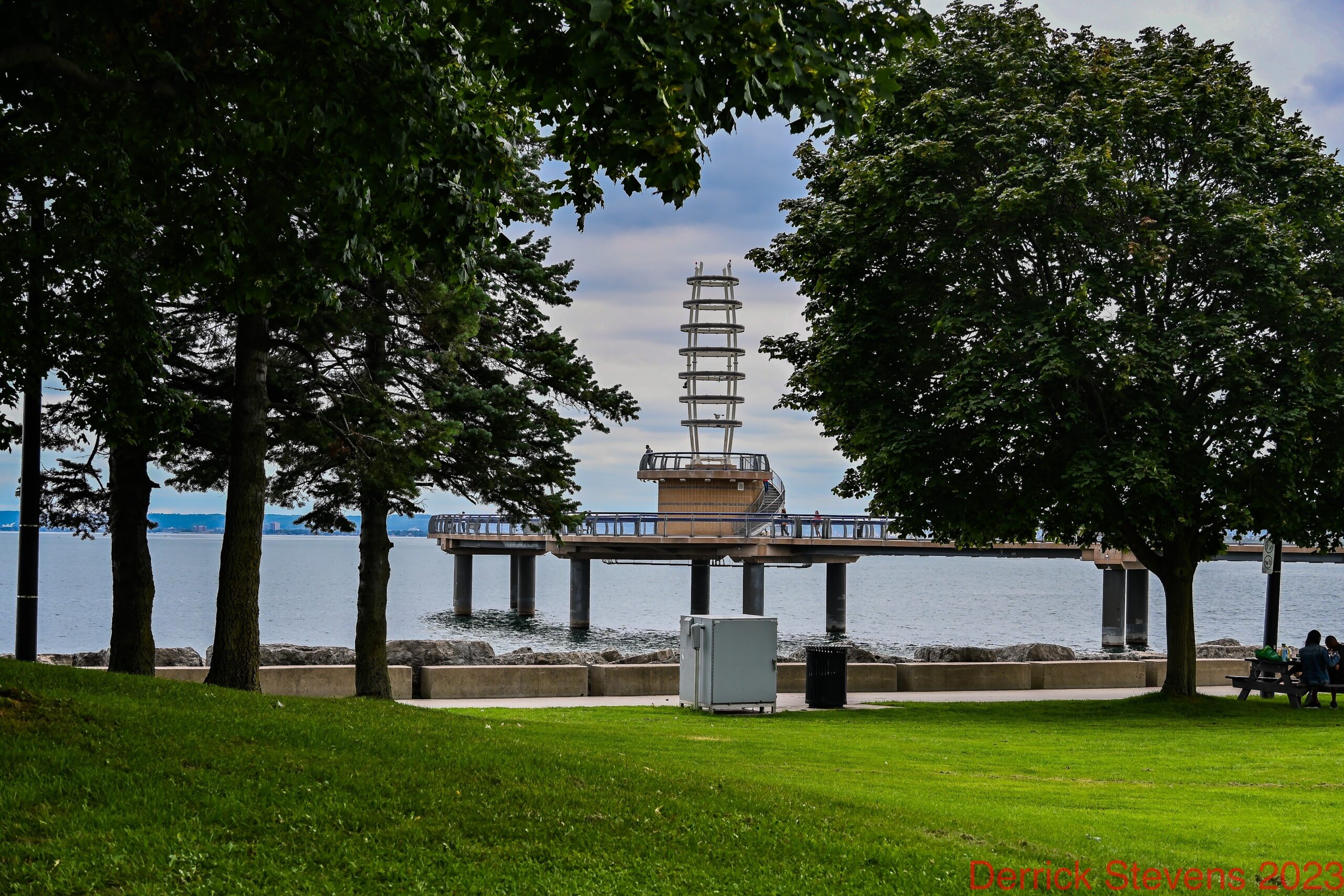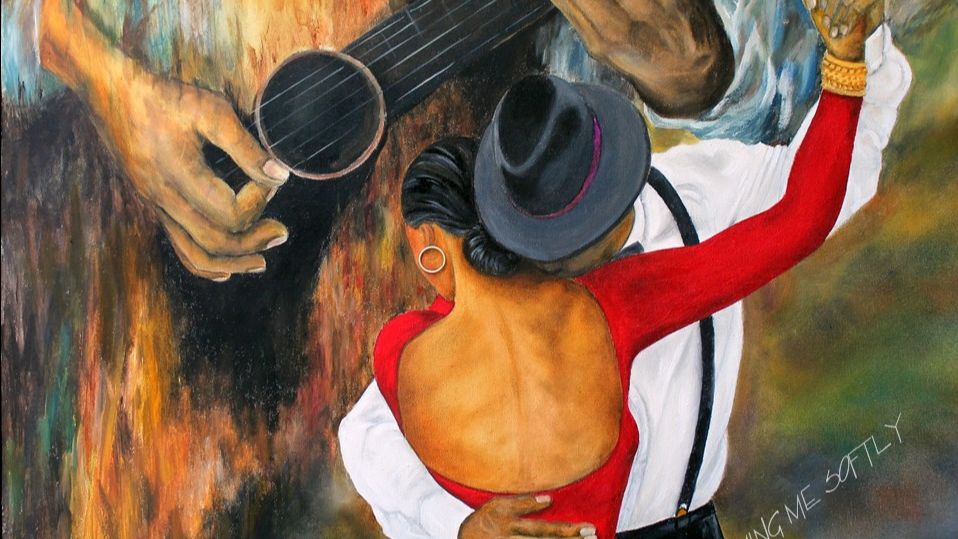By Kezia Royer-Burkett, Local Journalism Initiative Reporter
Last April, the City of Burlington officially proclaimed Dalit History Month, recognizing the resilience, history, and ongoing struggles of the Dalit community, both locally and globally. Mayor Marianne Meed Ward made the declaration, noting the city’s ongoing commitment to addressing systemic racism and discrimination in all its forms.
“I, Marianne Meed Ward, Mayor of the City of Burlington, do hereby declare April 2024 as ‘Dalit History Month’ in the City of Burlington,” reads the proclamation, which honours the birth and death anniversaries of key social reformers such as Dr. Bhim Rao Ambedkar, Jyotirao Phule, Mangu Ram Mugowalia, and Sant Ram Udasi.
And again, April 2025 was proclaimed as Dalit History Month in Burlington, alongside April 14 being declared Dr. Bhim Rao Ambedkar Day for Equity.
Dalit History Month is observed globally to commemorate the experiences and resistance of Dalit people — formerly referred to as “untouchables” — and to recognize their contributions to justice and equality. While the caste system originates from South Asia, its impact extends far beyond those borders.
“This is why we are celebrating this Dalit history here,” said Vijay Puli, founder and director of the South Asian Dalit Adivasi Network (SADAN). “There are so many Dalit people who came from South Asia to escape discrimination, but they are still facing the same kind of treatment here in Canada.”

Puli described caste-based discrimination as a “multi-generational issue” deeply rooted in the 2,500-year-old caste hierarchy of South Asia. “Dalit is the new identity for the untouchables,” he said. “Even in Canada, people are asked their caste when renting houses, denied opportunities, and ostracized based on what they eat. If they say they eat beef, that’s often used to identify them as Dalit.”
He noted that caste discrimination in Canada can affect Dalits’ access to housing, employment opportunities, and education. “Dalit people aren’t getting promoted once dominant caste supervisors or managers learn of their identity,” Puli said. “They face discrimination in the school system, in workplaces, and even in social gatherings and partner relationships.”
In 2021, Dalit History Month was first celebrated in Canada through community efforts in the Peel Region. Since then, it has gained growing support across the country. Human rights institutions are beginning to formally acknowledge caste-based discrimination. The Ontario Human Rights Commission now recognizes caste as a category that can fall under prohibited grounds such as race, ancestry, and place of origin. The Toronto District School Board has taken steps to address it, and the British Columbia Human Rights Tribunal has also acknowledged caste-based discrimination. A motion is before Canada’s House of Commons to explicitly add caste as a protected category under the Canadian Human Rights Act.
The City of Burlington echoed the importance of awareness in a statement: “The City is enriched by the cultures, histories, and contributions of diverse communities here in Burlington. Dalit History Month, recognized by a proclamation each year, is an opportunity to reflect on the resilience and activism of Dalit and caste-oppressed communities, honouring those who have been instrumental in the fight for social justice and equality.”
Although the city is not hosting any events directly, it encourages local organizations to list their events on the city’s online calendar and participate in learning more about Dalit history and its significance. “The City remains committed to advancing equity, inclusion, and human rights, in alignment with the Ontario Human Rights Commission’s recognition of caste-based discrimination,” the statement reads.
A major community event recognizing Dalit History Month will take place on April 12 at Tomken Twin Arena in Mississauga, hosted by SADAN. The event, themed “Caste & Race in Global Context,” features speakers such as Dr. Sumeet Mhaskar of Carleton University, Dalit doctoral scholar Kavya Harshitha Jidugu of Queen’s University, and Alayna Puli, a youth activist and member of SADAN. More than 150 attendees are expected, and the event will also include a stand-up performance by Dalit comedian Manjeet Sarkar.
Puli expressed gratitude to the individuals and organizations that have supported the Dalit community’s journey toward recognition. “There is a need to recognize this because people are still facing the same kind of discrimination here in Canadian society,” he said. “Thanks to the people and organizations that have recognized and celebrated Dalit History Month — it’s very important for everyone’s voice to be included.”
When asked how Canadians can learn more, Puli recommended Caste: The Origins of Our Discontents by Isabel Wilkerson and its accompanying film Origin, which follows Wilkerson’s journey in writing the book and examining how caste operates in different global contexts.
“We hope to bring more awareness to Canadian history and see caste recognized under DEI protections,” Puli added. “It’s time for laws that provide real protection and security to Dalit people in Canada — so they can advocate for themselves and live free of discrimination.”
Most of all, Puli expressed gratitude. “I want to thank all the organizations, municipalities, and people that have supported Dalit history in Ontario. Their allyship is priceless.”





